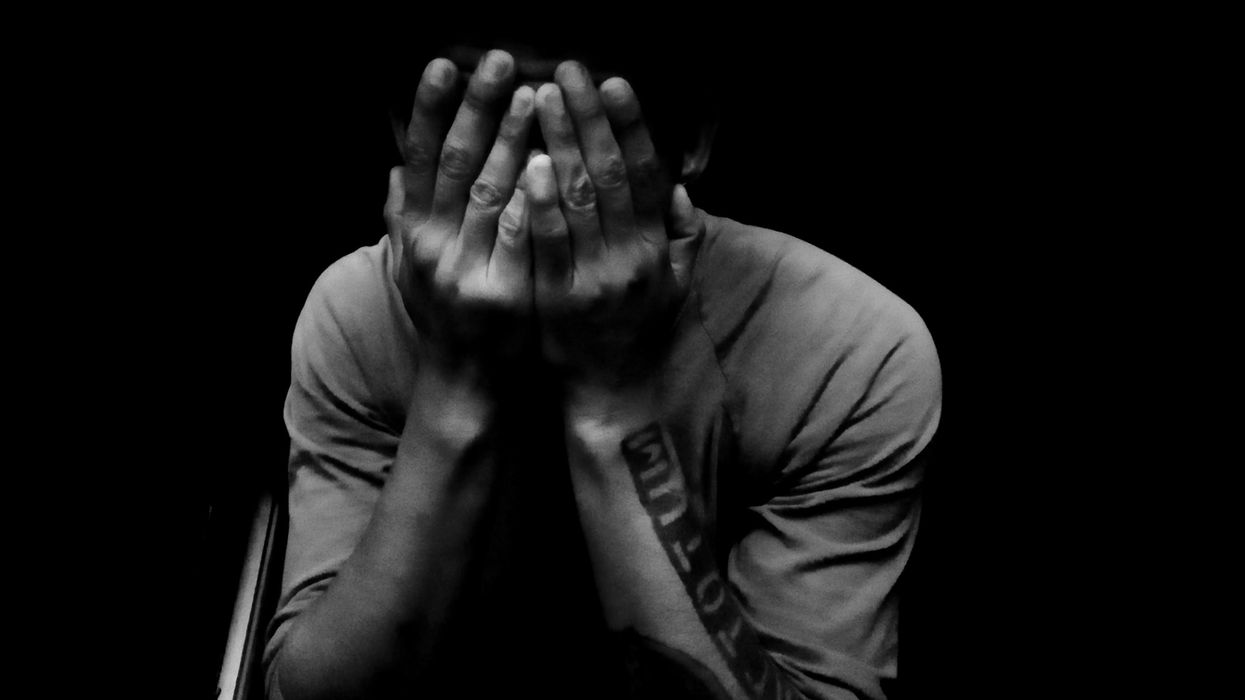Molineaux is co-publisher of The Fulcrum and president/CEO of the Bridge Alliance Education Fund.
A colleague noted recently how we, the people, collectively, seem to think in more black and white terms, disallowing nuance and complexity. Is this true? Have we lost the capacity to see shades of gray? Especially in politics?
Yes. But this state of polarized thinking is not permanent.
One of the primary causes of dichotomous, i.e. black and white, thinking is anxiety and depression. Is it any coincidence that we are living through hyperpolarized times? I think not.
Even before the pandemic of 2020, society-wide, we were experiencing profound increases in both anxiety and depression. Then the pandemic arrived and changed our lives, turbo charging our collective anxiety and depression.
It’s no wonder politics is more polarized than ever! When we are anxious, our fight-or-flight tendencies kick in. We think in terms of good or bad as a way to cope with our anxiety — to find something stable. But when the world doesn’t fit neatly into our polarized view of good or bad, our anxiety strikes again. It’s a cycle that requires attention, intervention and connection.
One way to pay attention is to identify polarized thinking in our use – or overuse – of “absolutist terms.” An occasional use of these words is OK. But when we say these words to ourselves over and over again, it indicates polarized thinking:
- always
- never
- impossible
- disaster
- furious
- ruined
- perfect
Once we’ve noticed that our thinking has shifted to black and white terms, it’s time to intervene. Creativity, mindfulness, and exercise or any movement, especially outside with nature, is helpful to reorient our thinking to the beauty of each moment. And we may need to talk with someone to stop the thought distortion that anxiety produces. Professionals will have other therapies, too. The key is to start the intervention as soon as possible.
Another tragedy of polarized thinking is how we disconnect from others. And the challenge of reconnecting might start the cycle of anxiety all over again. We wonder if we’ll be rejected, we may feel ashamed, we may want to just move and start over. Regardless of whether we are reaching out to current or new friends, we need skills to connect healthily, with all the shades of gray allowed. It takes practice, like learning to play an instrument. You may want to practice together with your loved ones – or you may prefer to practice with strangers first. It is through our deep connections with people that we can sense-make together to solve our nation's problems.
I started this column thinking I was going to blame computer programmers who started using zeros and ones for decision making. Or pollsters who often reduce choices into binaries and then report on them as fact. I was certain there was a boogeyman to blame. Turns out...it's complicated. Like everything else.
I’ll see you at practice.




















Trump & Hegseth gave Mark Kelly a huge 2028 gift